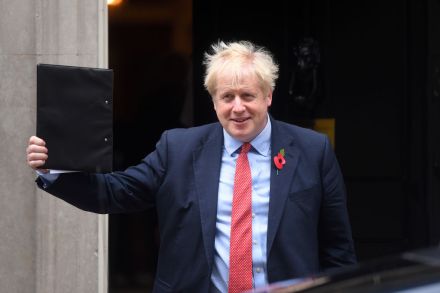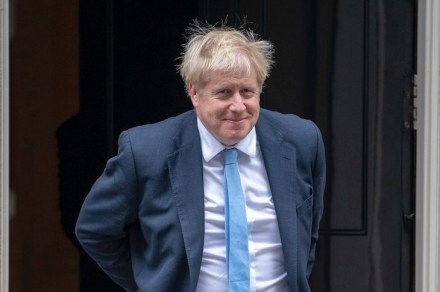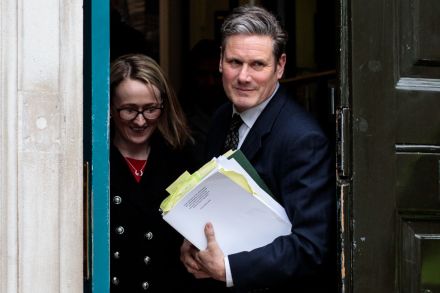Boris Johnson’s Brexit deal won’t cost Britain £70bn by 2029
Yet again, listeners to the Today programme awoke this morning to hear a dire forecast for the economic consequences of leaving the EU – with no critical analysis nor even explanation of how the forecast was arrived at. This morning’s horror story came courtesy of the National Institute for Economic and Social Research (NIESR), a think tank which claims the economy will be 3.5 per cent – or £70bn – smaller in 10 years’ time than if we had never voted to leave the EU. The NIESR claims the economy is already 2.5 per cent smaller than it would have been had we voted to remain in 2016 and that this














